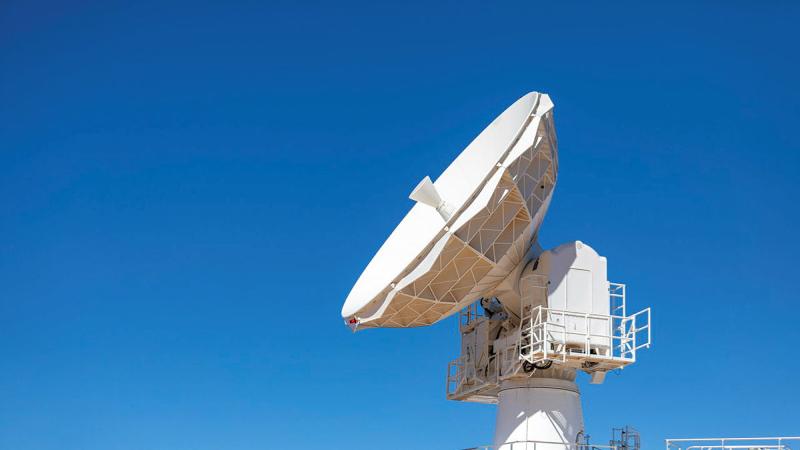Seafood processing generates up to 90,000 tonnes of waste in Australia annually, including heads, tails, guts, skin, and scales. Landfilling, the most common method for disposing of seafood waste, significantly contributes to environmental pollution.
However, new research from Swinburne University of Technology could transform the sector by converting high value collagen proteins from seafood by-products into cosmetics, food, and pharmaceuticals.
This new circular economy presents an innovative model for reducing waste in the seafood industry, creating high-value products, and eliminating the need for other animal-based sources to manufacture collagen proteins.
The groundbreaking research is led by from Swinburne’s School of Engineering under the by the , on behalf of the Victorian Government.
“More than 50 per cent of a salmon is generated as by-products and discarded as waste,” Dr Salim says.
“My team is offering an economical and environmentally friendly method to produce high value collagen protein from aquaculture by-products, opening an innovative model for reducing waste generation in fish industries.”
“Our solution is to use seafood by-products as a sustainable and ethical source of collagen. We take these by-products and turn it into a valuable resource through the production of collagen protein. This approach will eliminate fish waste going to landfill and instead can be used for consumer products.”
From lipstick to lentils: the many uses of converted collagen
“We have a clear plan for demonstrating our product, starting with feasibility trials and testing, small-scale production and scaling up as demand grows. We have also identified potential markets and customers for our product, including major food and cosmetic companies,” she says.
Collagen is a protein that has a wide range of applications when extracted: from a thickening agent in food, to hydration in cosmetics, to wound healing in medical products. The collagen market is predicted to grow between USD 5 to 8 billion within the next five years.
Dr Salim and the team at Swinburne are partnering with the End Food Waste Cooperative Research Centre to accelerate this opportunity for the aquaculture industry. She says she is confident that the project has the potential to make a real difference with a positive impact on the environment, society, and economy.
“Our circular economy design creates a win-win situation. This can reduce waste and environmental impact, create economic opportunities and offers a sustainable and ethical alternative to animal-based collagen production.”
“Together we can work towards a sustainable future.”








